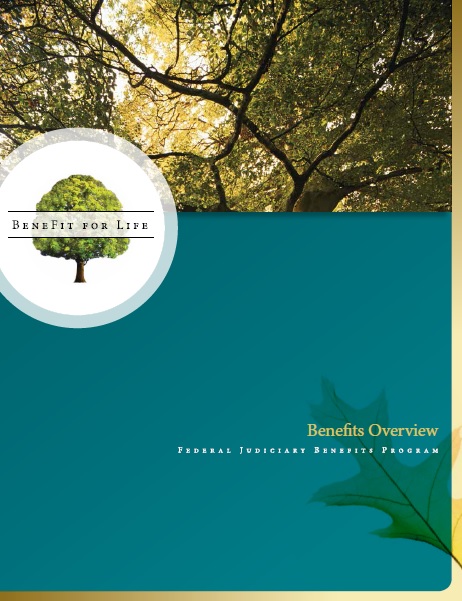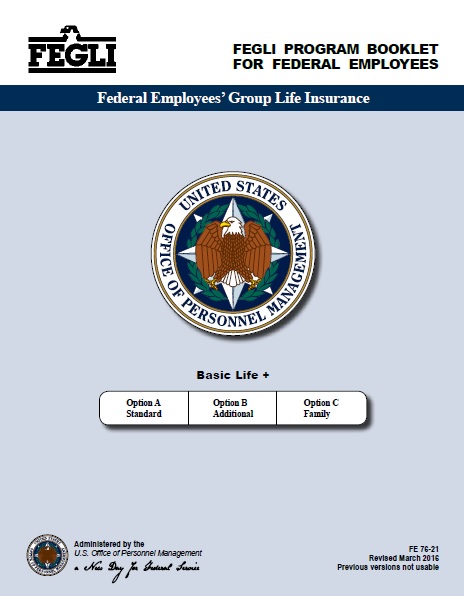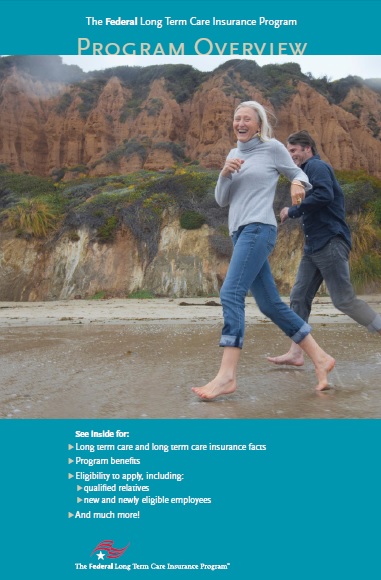NEW HIRE FORMS |
|||||||||||||||
|
|||||||||||||||
|
The Federal Judiciary Benefits Program provides a wide range of benefits and choices so that employees can create a package that is most beneficial to his/her needs. Benefit eligibility is determined based on the type of appointment. The information below outlines benefit eligibility, enrollment timelines, as well as further details regarding the designated benefit. New hires should keep in mind that the enrollment clock starts ticking on the employee's first day of employment, and there are certain benefits that require an employee to take action sooner rather than later. Outside of the initial enrollment period, employees are only permitted to make changes to their benefit elections if they experience a Qualified Life Event (QLE) or opt to make changes during open season, which occurs each November. Changes made during open season will become effective after the 1st of the following calendar year. |
||
|
TYPE OF APPOINTMENT |
FEHB |
FEDVIP |
FEGLI |
FLTCIP |
FSA |
RETIREMENT |
| Permanent (no established time limit) |
Yes | Yes | Yes | Yes | Yes | Yes |
| Temporary (more than 1 year) |
Yes | Yes | Yes | Yes | Yes | Yes |
| Temporary (90 days to 1 year)* |
Yes | No | No | Yes | No | No |
| Temporary (less than 90 days) |
No | No | No | No | No | No |
| *Temporary employees working 90 days or more but less than one year must have a standard work schedule of at least 32.5 hours per week. |
||||||
BENEFIT PROGRAMS AND FORMS |
|||||||||||||||||
|
|||||||||||||||||
ADDITIONAL BENEFIT PROGRAM BOOKLETS |
|||||||||||||||||
| Click on the benefit brochures below for more information on the particular program | |||||||||||||||||
|
FEGLI/Life Insurance
|
Thrifts Savings Plan (TSP)
|
Long Term Care (LTC)
|
|||||||||||||||
TIME FRAMES FOR ENROLLING |
|||||||||||||||||
|
|
Within 60 days AFTER entry-on-duty date:
Any time AFTER entry-on-duty date: Designation of Beneficiary Forms |
||||||||||||||||





